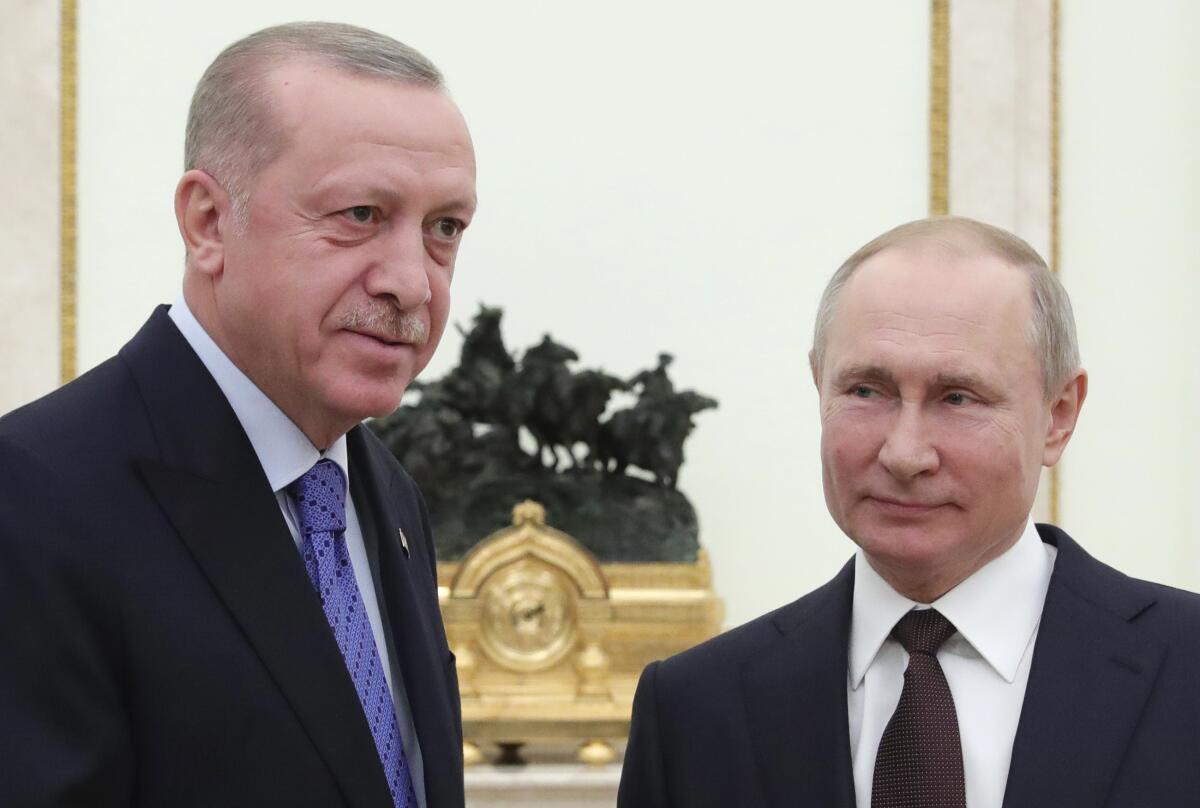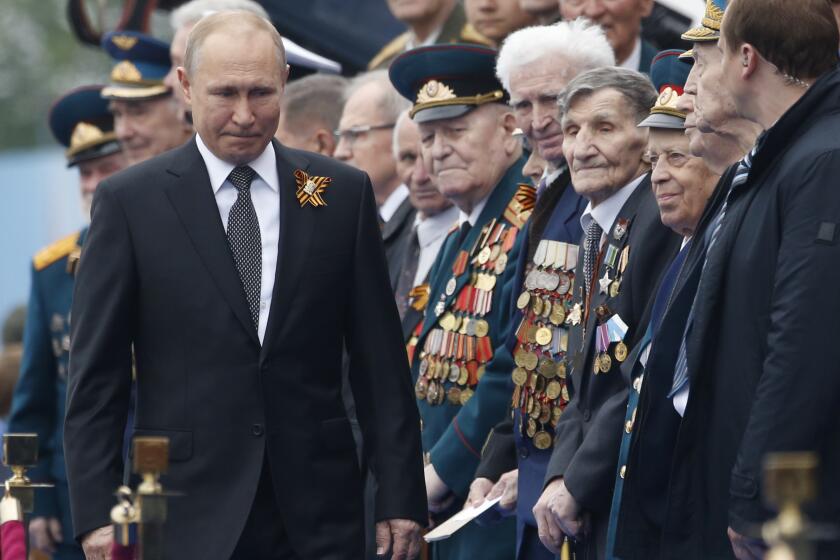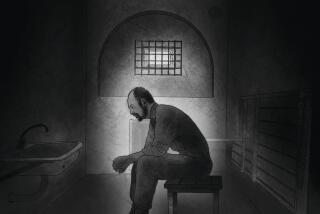Op-Ed: Autocrats love a crisis. They’re using the coronavirus pandemic to tighten their grip

Over the past two decades, three countries that were once on a path to greater openness and respect for human rights have decidedly reversed course. Leaders in Russia, Turkey and Venezuela have pioneered a new form of authoritarianism, one in which the government systematically seeks to hollow out the core institutions of democracy — the court system, a free press, civil society, an autonomous legislature — to the point where they become irrelevant.
What also unites these regimes is a track record of using crises to accelerate the erosion of institutional checks on their power. With a global pandemic now raging, all three are signaling that they plan to exploit the current emergency. A number of other countries are poised to do so as well — most alarmingly Hungary, where Prime Minister Viktor Orban was recently granted power to rule by decree indefinitely.
In many ways, Russia’s Vladimir Putin has been a trailblazer for his peers in capitalizing on emergencies. He repeatedly used a stubborn insurgency in the North Caucasus region as a pretext to build up his authority, beginning with his first stint as prime minister under President Boris Yeltsin. In 2004, as president, he responded to a bloody confrontation with terrorists at a school in the town of Beslan by pushing through legislation that ended the popular election of regional governors. Among many other examples, he has cited the supposed threats of “color revolutions” and a “fascist” uprising in Ukraine to justify crackdowns on the media and nongovernmental organizations.
In Turkey, President Recep Tayyip Erdogan imposed a state of emergency after a failed 2016 coup attempt. The ensuing campaign of repression featured round after round of arrests and firings that crushed the civil service, education system and military. His government also imprisoned scores of journalists and media workers, closed hundreds of associations and media outlets, and seized the assets of hundreds of businesses. The state of emergency was lifted in 2018, but only after Erdogan had secured constitutional amendments that greatly strengthened the presidency.
A doctor leaves the calm of home to work in the charged atmosphere of the hospital where sober conversations abound about the possibility of being overrun with COVID-19 cases.
The late Venezuelan strongman Hugo Chávez similarly leveraged a failed coup in 2002 to gain dominance over the economy, military, media and trade unions. One post-coup measure, the 2004 Law on Social Responsibility in Radio and Television, introduced state censorship and allowed for the shuttering of critical television and radio outlets. Indeed, both Chávez and his successor, Nicolás Maduro, have consistently used the specter of U.S.-backed coups and “imperialism” to tar their domestic opponents and justify further attacks on democracy.
The coronavirus pandemic differs from these previous crises in a crucial respect. It is truly global in scope, threatening more than one nation or one leader’s hold on power. Practically all governments have taken extraordinary steps to protect their citizens from the contagion. This includes democracies, which have imposed unprecedented restrictions on public gatherings and economic activity, even postponing elections in some cases.
As a result, the pandemic provides a particularly convincing cover under which autocrats can pursue their agendas. The regimes in Russia, Turkey and Venezuela are already maneuvering to exploit the health crisis to further entrench their rule.
The Russian government has started to impose new censorship and surveillance measures. At the same time, the pandemic has diverted attention from Putin’s controversial plan for constitutional amendments that could extend his rule until 2036.
Because of the coronavirus pandemic, spring is not turning out the way Russian President Vladimir Putin might have planned it.
Turkish authorities have arrested more than 400 people for “provocative” posts on social media about the pandemic, reflecting the government’s penchant for punishing free speech. Meanwhile, Maduro’s regime is moving to arrest journalists and activists who question the country’s preparedness for COVID-19 cases.
All three of these nations are kleptocracies and abusers of human rights. Venezuela has become a humanitarian disaster, with millions struggling to meet basic needs even before the coronavirus struck. Turkey has driven its economy to the brink of disaster by funneling cheap loans to Erdogan’s cronies. Russia has incurred sanctions through its international aggression and hoarded its energy wealth in state coffers, even as its people face stagnant or declining living standards.
The coronavirus poses a new kind of threat to these governments, one that brute force can’t easily crush. The focus on self-preservation and the gutting of independent institutions has left these regimes unprepared to confront a fast-spreading contagion, with systems designed to hide failures rather than expose them. Unfortunately, in a pandemic the whole world may pay a price for the consequences of authoritarian rule.
Michael J. Abramowitz is president of Freedom House. Arch Puddington is a senior scholar at Freedom House.
More to Read
A cure for the common opinion
Get thought-provoking perspectives with our weekly newsletter.
You may occasionally receive promotional content from the Los Angeles Times.








